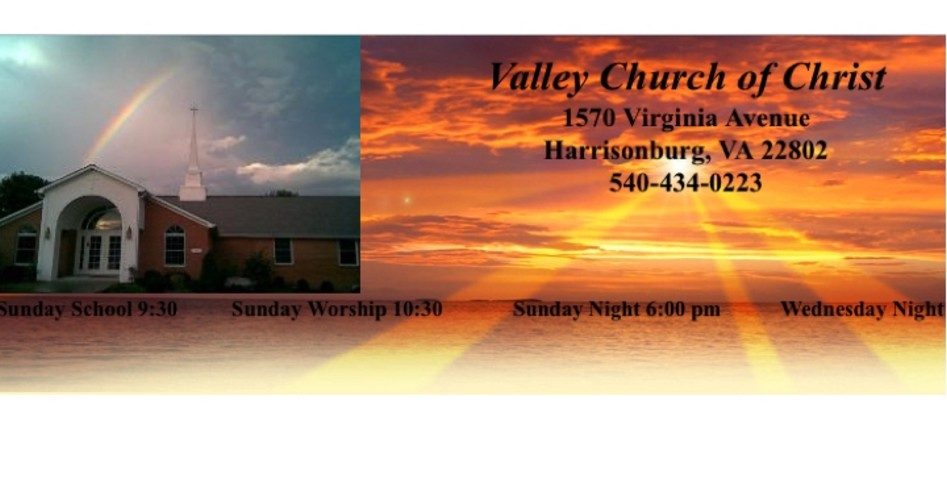
The congregation of Harrisonburg, Virginia’s Valley Church of Christ decided to promote its pro-life views by hanging two posters on its fence on the corner of Virginia Avenue and Acorn Drive. One poster showed a fetus cradled in a pair of hands with this quote from Mother Teresa: “It is a poverty to decide that a child must die so that you may live as you wish.”
The second one pictured a face of a baby and this quote from Jeremiah 1:5: “Before I formed you in the womb, I knew you.”
It didn’t take long before someone took umbrage at the message, and complained to the city. An eager bureaucrat found a city code that forbade such signage and sent a letter on April 19 to the church ordering it to remove the offensive and illegal signage or church officials would face fines and imprisonment.
That letter referenced the city code that empowered the city to issue such a threat, noting also certain exceptions for national flags, flags of civic or charitable organizations, corporate or business flags, and banners relating to holidays or civic events.
When John Whitehead of the Rutherford Institute, a pro-bono law firm specializing in First Amendment abridgements such as this one, learned about this, he declared, “Under the First Amendment, the government has no authority to pick and choose what type of speech it approves.” This is in line with Supreme Court Justice Hugo Black’s statement:
The very reason for the First Amendment is to make the people of this country free to think, speak, write and worship as they wish, not as the Government commands.
In his letter to the city of Harrisonburg, Whitehead was blunt:
This kind of preference for banners that express certain messages and discrimination against banners that express other messages is precisely the kind of content-based regulation of speech the First Amendment prohibits.
Laws that by their terms distinguish favored speech from disfavored speech on the basis of ideas or view expressed are content-based and presumptively unconstitutional.
The city attorney reviewed the letter from Whitehead, along with the numerous court cases confirming his position, and advised the city fathers to back off.
On Monday the city officially rescinded the threat.
Whitehead expressed satisfaction with the decision but warned that this was just one example of similar threats to First Amendment rights:
While we are pleased that Harrisonburg city officials were quick to set things right in this matter, this is merely one example out of hundreds of incidents taking place across the country in which speech and expressive activities that the government perceives as controversial, politically incorrect or unpopular are criminalized, caged, censored or silenced.
Whitehead’s Rutherford Institute has its hands full in several of those “incidents,” including a case where a high school student refused to participate in her school’s “student locator project,” which required her to wear an RFID tag. The institute is also challenging the arrest and detention of a former Marine due to some politically incorrect comments he posted on his Facebook page. In addition, it has drafted model regulations to rein in the use of drones outfitted with Tasers and teargas and prohibit the government from using data recorded by them in criminal prosecutions.
Unfortunately neither Whitehead nor his legal associates can be everywhere at once. Violations of First Amendment rights must first be recognized by local well-informed citizens and then actively protested. Incursions into precious rights by overzealous government officials will otherwise continue and accelerate.
A graduate of an Ivy League school and a former investment advisor, Bob is a regular contributor to The New American magazine and blogs frequently at www.LightFromTheRight.com, primarily on economics and politics.



